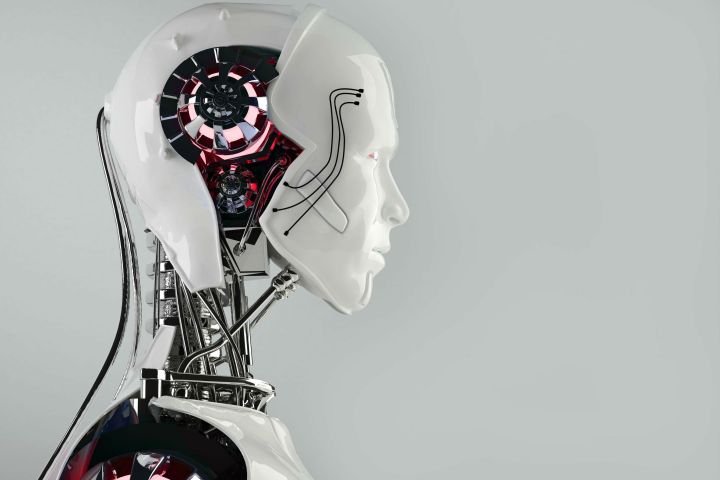
The Stanford University-hosted project represents a standing committee of AI scientists. The AI100 project is ongoing but will not issue reports annually — the next one will be published “in a few years.” The first report, Artificial Intelligence and Life in 2030, downloadable at this link, looks at how advances in AI will make a difference in the U.S. between now and 2030. Areas of change explored by the report include transportation, healthcare, education, the workplace, and policing and public safety.
Autonomous transportation will be the first experience many people will have with AI in which trust in safety and reliability will be required. That first experience could be key, according to the report. “Autonomous transportation will soon be commonplace and, as most people’s first experience with physically embodied AI systems, will strongly influence the public’s perception of AI.”
AI in heath care will gradually help physicians with data computation tasks. The ability to gain insight from massive amounts of data is a natural application of artificial intelligence. Robots may also deliver supplies to various locations, but humans will still be needed for actual placement in rooms, for at least 15 years, the report says.
Policing and law enforcement use of AI will concentrate on scanning, classifying, and evaluating data from sensors and from communications forms such as social media. Applications will be in crime prevention and prosecution. “There is significant work on crowd simulations to determine how crowds can be controlled. At the same time, legitimate concerns have been raised about the potential for law enforcement agencies to overreach and use such tools to violate people’s privacy.”
The report concludes with the authors’ statement that they see no cause for concern for humanity in the near future. According to University of Texas computer scientist Peter Stone, the lead author of the report, some people get concerned that “All of a sudden robots will now be able to do a lot of things we don’t want them to do and they’ll be able to do them spontaneously.”
However, the ability for robots to be self-determined and concerned with their own longevity is a leap far beyond current interest or capabilities. “Any technology has upsides and potential downsides and can be used by people in evil ways,” Stone said. “On balance, I’m highly optimistic that artificial intelligence technologies are going to improve the world.”



